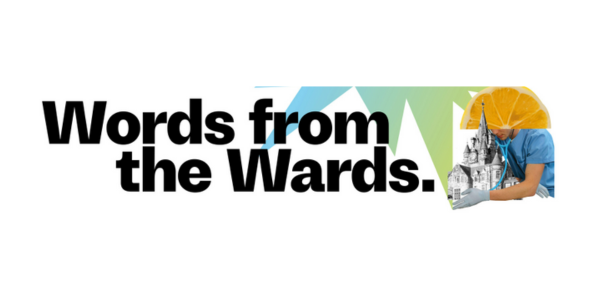
One of the key insights to have emerged at the inaugural Business Events Leaders’ Summit at Glasgow’s SEC in March was around how to determine a conference ‘legacy’.
When designing a conference, said Deborah Edwards of the University of Technology Sydney, organisers should think about what outcomes they want to achieve.
That will help planners’ ability to understand the data points they wish to collect and help provide evidence of “less tangible” outcomes such as knowledge exchanged, contacts made, or business deals done.
Edwards, who alongside Carmel Foley were the keynote speakers at #BELS18, said: “So, a question we are often asked is how do you collect evidence of less tangible outcomes?
“This question needs to be answered thoughtfully and in the context of the legacies that you are looking for. Legacies are what you need to think about first before you decide how you collect your data. Generally, we would recommed finding a university partner or a reputable consulting firm to collaborate with as this has worked really well in the majority of the case studies that we have explored.
“In most case studies data collection involved in-depth interviews with key stakeholders; this is fairly straightforward and can be done at any stage of the event: pre, during or post, or even months after an event. A questionnaire survey can also be constructed to ask questions of delegates about the knowledge gained, new networks and future intentions.”
Edwards and Foley, who have produced a free resource for events professionals, The Power of Conferences: Stories of serendipity, innovation and driving social change, pointed to five recurring themes in their book which collectively showed how ‘vital’ they are to developing knowledge economies.
- Conferences create networks – collaborations, partnerships, friendships, many often outside primary fields i.e. links to investors;
- They stimulate discussion, debate, ideas and innovation with different perspectives able to generate new thinking and practice;
- Conferences attract funding, trade and investment – and provide access to funding sources;
- Conferences influence public perceptions, public policy and drive social change;
- Conferences enhanced personal growth, knowledge and learning – with the ability for attendees to learn from others outside own field.




